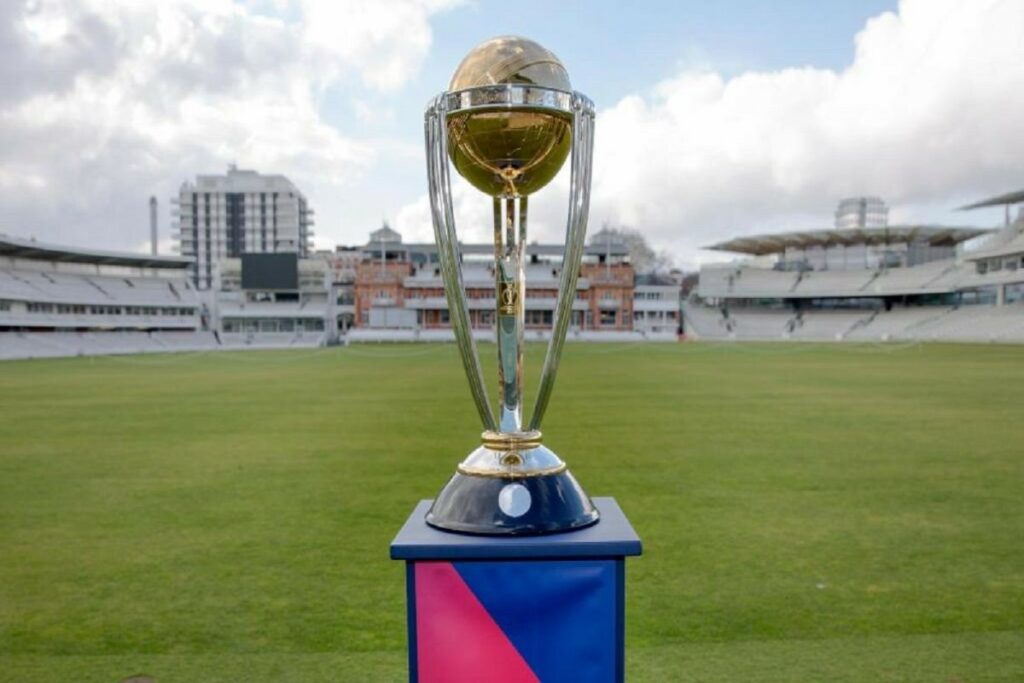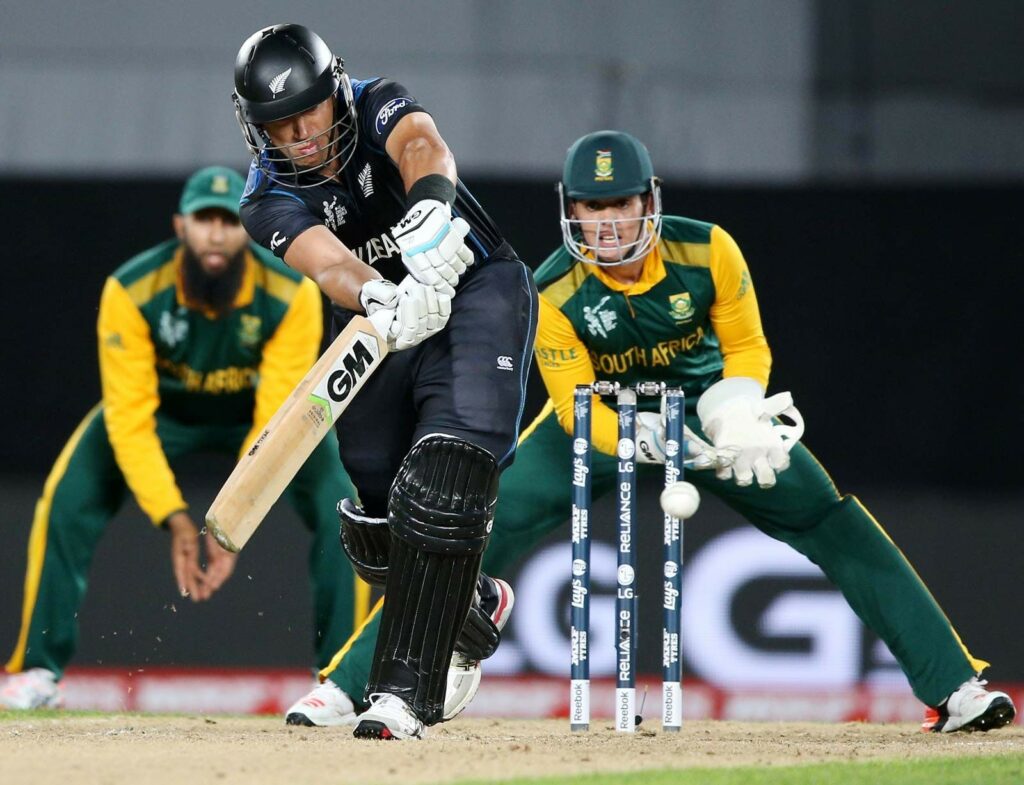Looking back on some of cricket’s best World Cup matches, one often has mixed feelings, as each World Cup gave us thrilling moments that still impress and amaze to this day.
If you are interested in current cricket matches, then cricket360.bet will be able to inform you about the latest news in the sport.
In our list, you will see these matches:
- Australia vs. Zimbabwe, 1983
- India vs. Australia, 1987
- Sri Lanka vs. Australia, 1996, and others.

Australia vs. Zimbabwe, 1983.
Cricket in 1983 didn’t necessarily generate excitement or surprise. Instead, young nations playing cricket were swept away by the big boys in the sport, and that was the end, at least until Zimbabwe faced Australia in the 1983 World Cup in Nottingham.
Duncan Fletcher had other plans, but when he entered the game at 94/5, it looked like the opposing team was on a winning track. The left-armed Fletcher took over the Australian attack and scored 69 runs off 84 balls, an incredible feat for a batsman in 1983. In the end, Zimbabwe scored 239/6 for 60 ounces.
Fletcher still needed to be done and grabbed the game by the scruff of the neck, this time as a bowler. He crippled the Australian team in its pursuit of victory by pitching four tosses, resulting in the Aussies getting only 226/7 for 60 ounces and eventually losing by a 13-point margin. Duncan Fletcher’s remarkable performance as bowler and batsman went down in the annals and began a long history of surprise matches in Cricket World Cups.
India vs. Australia, 1987
The match between India and Australia at the 1987 World Cup in Madras had a lot going for it. However, the fact that this match is one of the greatest in cricket history can be attributed to an umpiring decision that would not be accepted these days. At the time, Australia should have scored 268 for 50 overs, but Australian batsman Dean Jones’ shot caused controversy. Jones had batted Mahinder Singh’s ball over Ravi Shastri’s head on the ground and thought he had scored six.
Shastri, however, saw it differently and told umpire Dickie Bird that there were only four. An angry Dean Jones filed a complaint and even went to referee Hanif Mohammad after he was suspended.
During halftime, Mohammad brought the problem to Dickey Byrd’s attention. The latter went into the Indians’ locker room and again asked Shastri how many points, four or six. This time Shastri changed his statement and confirmed six points. Australia’s score rose to 270, which was ultimately decisive. India managed only 269 points in their game, losing by a one-point margin. It needs to be clarified today whether Ravi Shastri believes that honesty is the best policy.
Sri Lanka vs. Australia, 1996.
The 1996 World Cup final was the icing for Sri Lanka and the reward for their innovative approach to preparing for the final. However, defeating an Australian team that included the Waugh brothers, Shane Warne, and Glenn McGrath seemed too much.
Arjuna Ranatunga sent Australia batting first. But despite a sensational start to the game, Australia’s Baggy Green team eventually went home broken with a score of 241/7 in 50 overs. Then, the Indian hurlers worked magic and flipped the final score: Australia fell from 137/1 to 150/5.
Both Sri Lankan debutants dropped out before 20 points were even scored, but that didn’t stop the team from catching up with the Australians within 45 winks and still winning their first World Cup in the end – thanks in no small part to Aravinda De Silva’s winning spurt (107 points), and without dropping out. Of course, times have changed somewhat since then, and today the Sri Lankan team is only a shadow of its former self, as evidenced by the cricket betting odds of 101.00. But one thing is for sure: their performance has revolutionized one-day cricket.
England vs. Ireland, 2011.
The group match against England in Bangalore for Ireland meant their triumphant game. Much to Ireland’s dismay, the England team was the first to take the field. The men in light green raced all over the area to reach an incredible score of 327/8, and it seemed like the game was over before it even started.
Even when Ireland picked up the bat, nothing changed at first. An early collapse brought the score to 111/5 – the Irish were just one stroke away from relegation. Then the powerful Kevin O’Brien went for the wicket – and the world rightly thought nothing of it at first.
But what followed was perhaps the most sensational World Cup cricket strike the world has ever seen. In the first counter-attack, the 27-year-old soared high over Bangalore, not only scoring six for six and 13 for four but also scoring the fastest century in World Cup history. With that, the Irish shocked England and betting fans by reaching their goal of 328 points in the 50th minute.

Australia vs. South Africa, 1999.
It was a harrowing semifinal that stirred the emotional world of both groups of fans and also prevented either team from escaping defeat. You would have bet on Australia at one point, but an hour later, it looked like South Africa would win. It was the most exciting match in Cricket World Cup history, and some might say it was the greatest ODI of all time.
The goal for the South African proteas was to catch up to Australia’s modest 213 points. They got off to a good start, reaching 48 unanswered until Steve Waugh threw the ball to Shane Warne. Then, the score changed to 53/3 – with the bookmaker’s odds in cricket.
This cat-and-mouse game continued with the South Africans in pursuit. It would finally be decided in the last over, in which the Proteas needed nine points off six balls. It was Lance Klusener’s turn to hit, and he hit the first two balls in the 4-point zone. Thus, the score was tied, and South Africa was just one point shortly after the successive four balls. Australian bowler Damien Fleming next struck a ball he called “point,” but the fourth ball from his out hit a pitch, and Clousener ran away to end the winning streak.
However, Allan Donald, his partner at the other end, was keeping an eye on the ball and heard Klusener’s call to run because the crowd was screaming. In one of the worst riots the game has ever seen, both Proteas batsmen were on the same side when Gilchrist finally hit the wooden sticks and took South Africa out of the tournament.
Judging by the dramatic circumstances of the match, this match has to be regarded as the best cricket match of all time. However, most spectators are probably still stunned by how things played out on that cloudy day in Birmingham.
